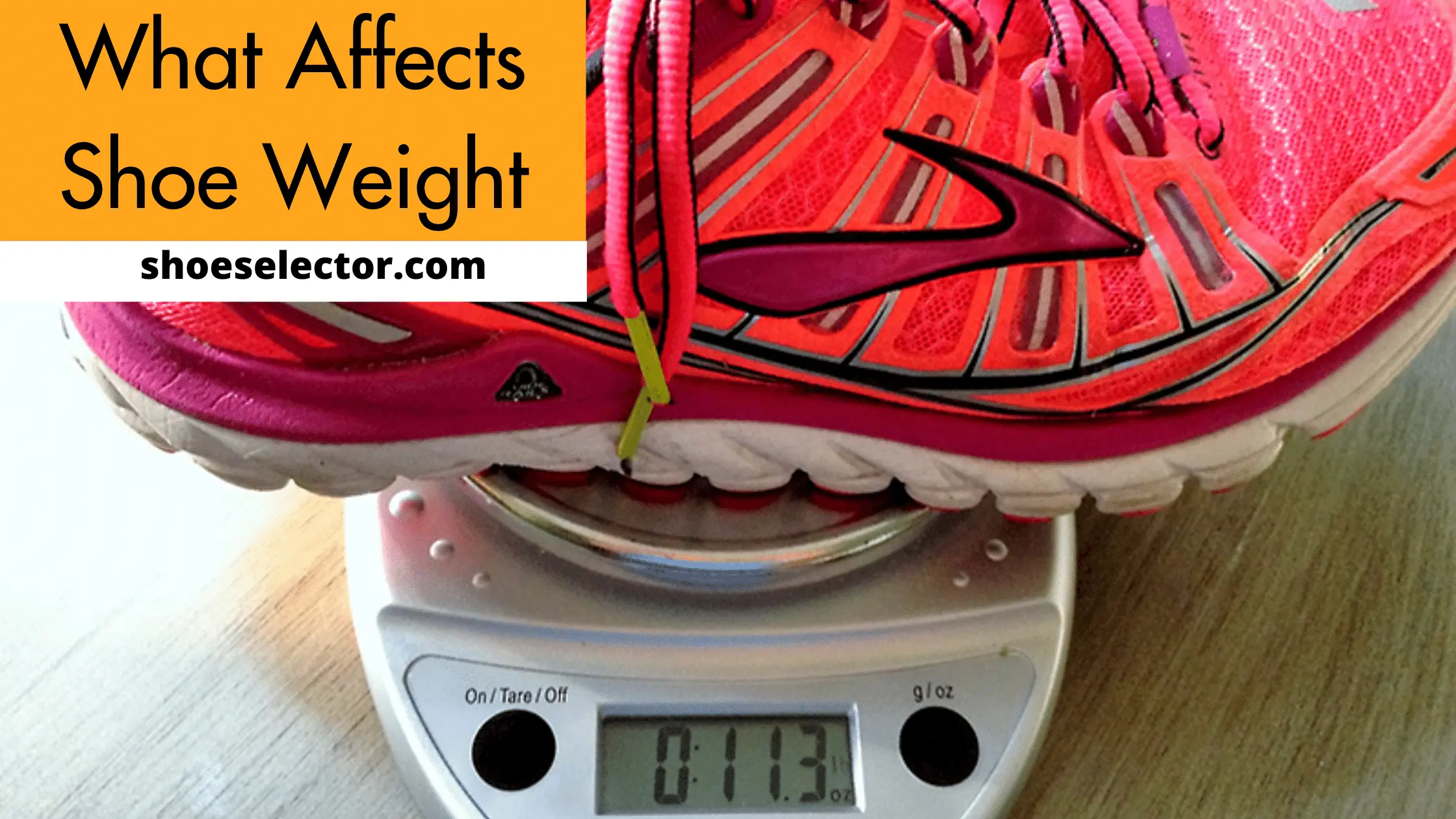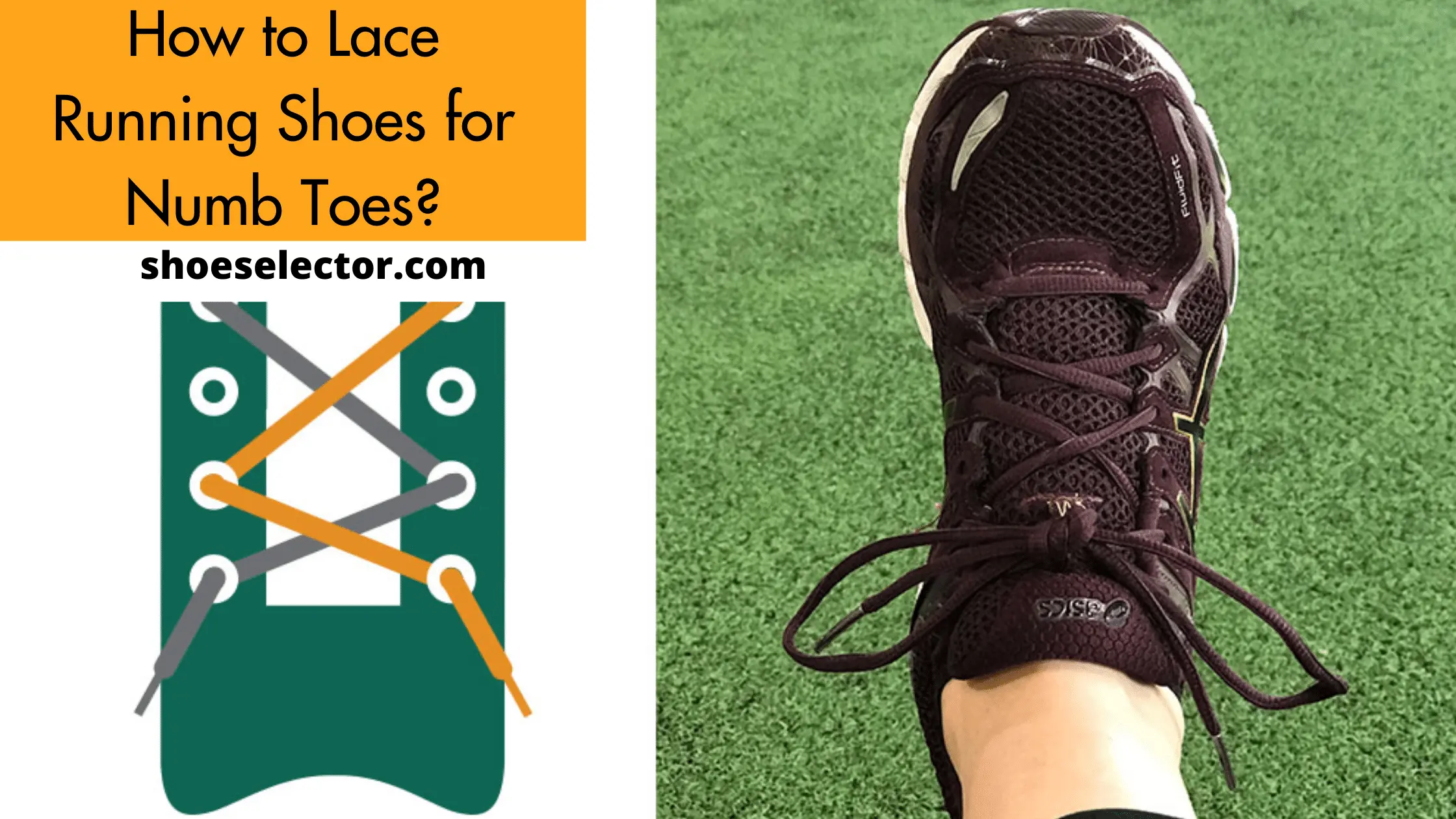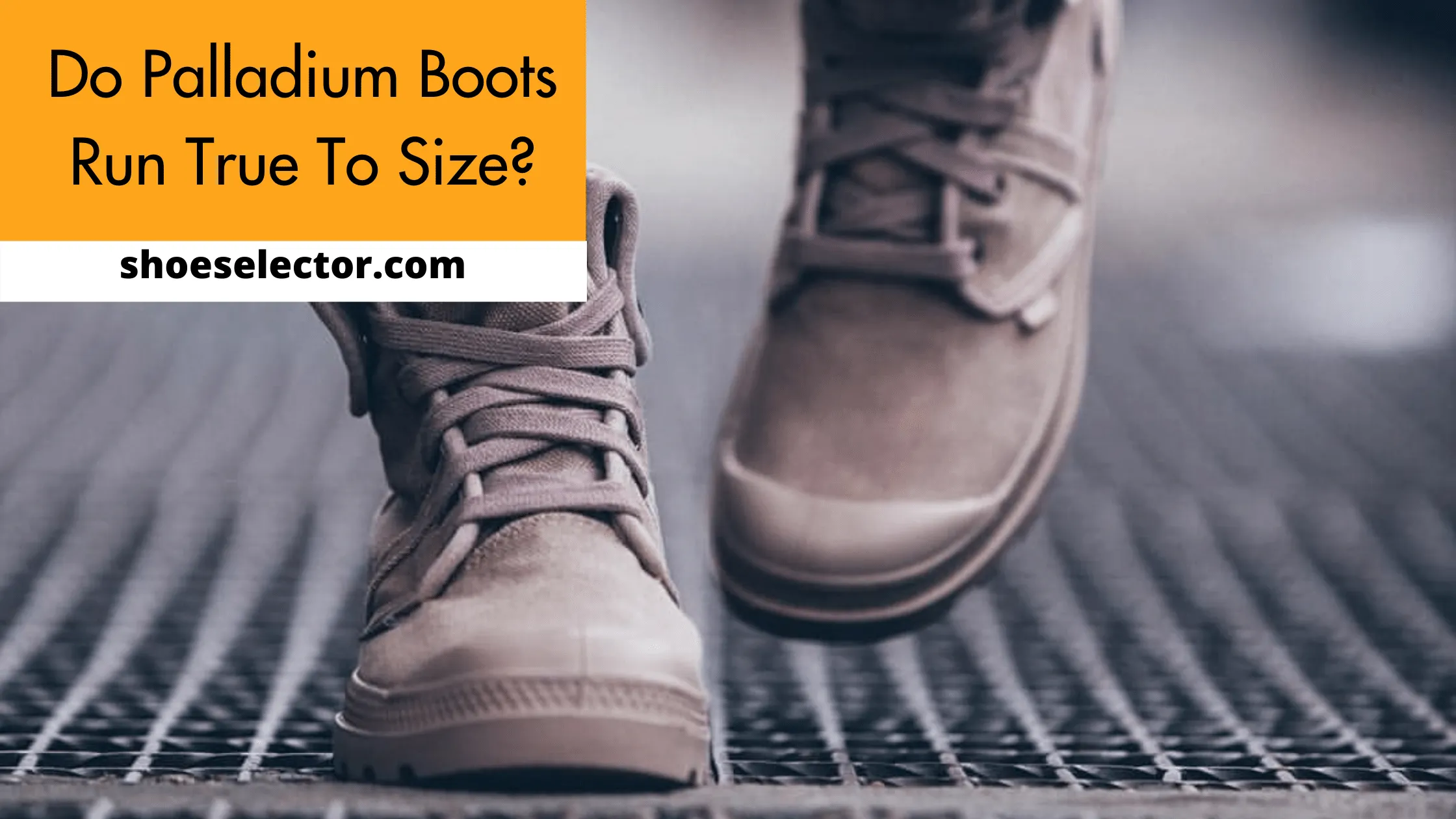Shoes come in all shapes and sizes, and each one has a different weight. While most people might not think about the weight of their shoes, it’s something that is definitely worth considering if you’re trying to lose weight or stay healthy. In this blog post, we’ll take a closer look at how much shoes weigh and what factors affect shoe weight. We’ll also provide tips on how to select the lightest shoes possible for your needs. Read on to learn more!
How Much Do Shoes Weigh on Average?
On average, shoes vary in weight depending on the type of shoe. Women’s dress shoes typically weigh somewhere between 6 and 9 ounces per pair. Men’s dress shoes are typically heavier at 8-12 ounces per pair. High heels also tend to weigh more than regular women’s shoes because they have a thicker sole and sturdy heel.
High heeled shoes on average weigh about two pounds per shoe. Athletic shoes, on the other hand, may weigh anywhere from 11 to 20 ounces depending on their purpose and design. Cross training or running shoes typically weigh the most because they provide a lot of cushioning and stability for active people. On the other hand, walking or hiking shoes tend to be lighter because they are built for comfort rather than stability.
What Affects Shoe Weight?
There are a number of factors that influence the overall weight of shoes, including: - Thickness of sole - Heel height - Material used in construction
Typically, thicker soles with higher heels tend to be heavier than thin soles and low heels. Likewise, shoes made with heavy materials such as rubber tend to be heavier.

How Can you Select the Lightest Shoes Possible?
When you’re trying to find the lightest shoes for your needs, keep in mind that every shoe is designed for a specific purpose. If weight is your primary concern when selecting a shoe, look for high top athletic shoes or low heeled women’s shoes. Cross training or running shoes are typically the lightest because they provide a lot of cushioning and stability. High heels, on the other hand, may be lighter than standard women’s shoes but they typically aren’t as light as athletic shoes.
What Factors Affect Shoe Weight?
The weight of a shoe is determined by a variety of factors, including the materials used in its construction, the type of closure system, and the size and weight of the shoe’s components.
For example, shoes made with lightweight materials such as mesh or fabric will be lighter than those made with heavier materials like leather. Shoes with laces or Velcro closures will also be heavier than those with elastic closures, since laces and Velcro require more material. And finally, heavier shoes tend to have thicker soles and more cushioning than lightweight shoes, which affects the total weight of the shoe.
Why is Shoe Weight Important?
Aside from fashion, choosing shoes with the lightest weight is typically a priority for people who are trying to lose weight. Generally speaking, the lighter your shoes are, the easier it will be for you to move around in them during exercise or when you’re on your feet. If you have difficulty moving around in heavy shoes, consider pairing them with lightweight athletic socks to make them feel lighter. Or, if you wear shoes with laces, consider replacing them with elastic lacing systems like Boas.
How to Reduce the Weight of Your Shoes:
There are several ways to reduce the weight of your shoes. You can start by selecting lightweight shoes for your daily activities, which may help you burn more calories if they are lighter than what you’re used to wearing. Also consider reducing the weight of your shoes gradually, especially if they are heavy because they have thick soles or lots of cushioning. Replacing your shoes' components with lighter alternatives like fabric and mesh may also help you shed the pounds.
The Benefits of Reducing Shoe Weight:
Shoe weight is important for those who are looking at athletic or racing shoes. The weight of the shoes will effect your speed, agility and overall performance of your workout routine.
Aside from burning more calories, it has been suggested that wearing lighter shoes can contribute to improved running economy. This means you’ll expend less energy on every step than you would if you wore heavier footwear. So say goodbye to heavy shoes and hello to lightweight ones today!
Some athletic shoes are built with mesh materials that allow for increased ventilation. These types of running shoes tend to be lighter than their counterparts because they generally have fewer components and they use less expensive materials in their design.
Conclusion:
The average shoe weight is about six pounds, but this can range from as little as two pounds to as much as eight. All of these factors contribute to the weight of shoes and should be taken into consideration when looking for a new pair or trying to reduce your current one’s weight. Keep in mind that lighter footwear will not only make you feel more comfortable on your feet, they’re also better for the environment by cutting down on transportation emissions and fuel consumption.






